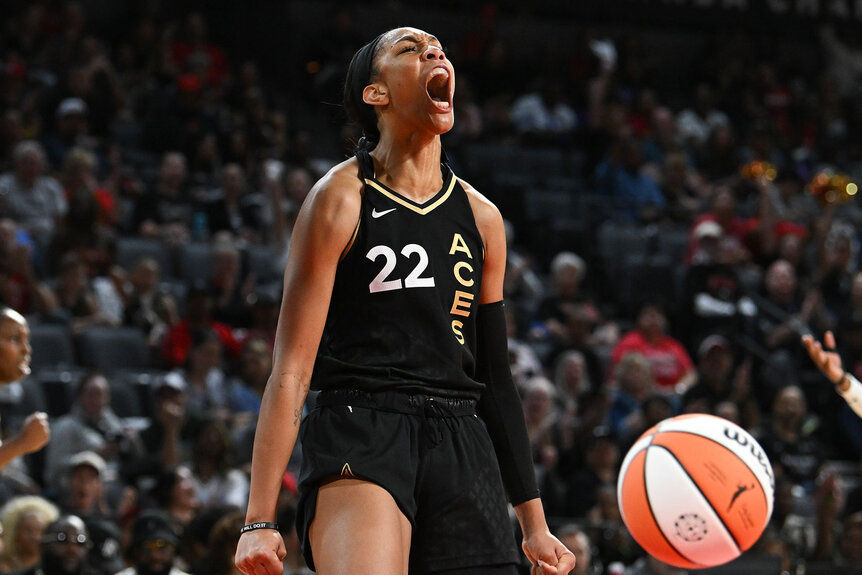Developing a Culture of Resilience and Grit
- RIZE

- Apr 3, 2025
- 2 min read
Updated: Sep 22, 2025
Resilience and grit aren’t buzzwords. They’re the backbone of every high-performing team.
The ability to push through adversity, stay committed, and come back stronger is what separates good teams from great ones.
As a coach, you set the tone. Here’s how to make resilience and grit part of your team’s DNA.

Why Resilience and Grit Matter
Setbacks are part of sport. Injuries. Losses. Bad calls. Rough patches. What matters is how your team responds.
Resilience is adapting and recovering from challenges.
Grit is staying committed when things get tough.
Together, they fuel performance and protect mental health.
Grit keeps you moving. Resilience brings you back. Every team needs both.
What a Resilient, Gritty Culture Looks Like
It’s not just about tough athletes. It’s about a system where every player learns to handle adversity and stay motivated.
Signs of the right culture:
Players support each other through tough moments
Effort and growth are valued as much as results
Setbacks are framed as learning, not failure
Everyone buys into persistence over talent
You can’t always control outcomes. But you can always control process.
How to Build Resilience and Grit Into Your Team
1. Model It First
Athletes won’t be resilient if you don’t show it yourself.
Share your thought process after setbacks: “We didn’t play our best, but here’s how we’ll learn from it.”
Show persistence by pushing forward after tough losses.
Embrace continuous learning as a coach.
When athletes see you handle adversity with clarity and determination, they’ll follow.
“Resilience starts at the top. Lead by example.”
2. Create a Safe Environment
Players can’t build resilience if they’re afraid to fail.
Normalize mistakes: “If you’re not making mistakes, you’re not pushing hard enough.”
Give constructive feedback that focuses on growth.
Celebrate effort and improvement, not just results.
Failure isn’t final. It’s feedback.
3. Teach Resilience Skills
Resilience and grit can be trained. Give athletes tools they can use.
Mental reframing: “It was a tough game, but look at what you learned.”
Stress management: breathing, mindfulness, resets before high-pressure moments.
Goal setting: break big goals into smaller, actionable steps.
Resilience isn’t just a trait. It’s a skill. And skills can be trained.
4. Build a Culture That Values Grit
Talent matters, but grit and resilience separate the good from the great.
Recognize effort: celebrate the athletes who grind, not just the ones who score.
Create shared challenges: tough sessions that demand teamwork to push through.
Develop rituals: post-game reflections, shared goal-setting, traditions that reinforce persistence.
“Grit beats talent when talent doesn’t work hard.”
What To Do Today
Model resilience and grit in your coaching style
Create a safe space where failure fuels growth
Teach practical resilience skills athletes can use
Build rituals and culture that reward persistence
Building resilience isn’t a one-time talk. It’s a daily process.
Take This With You
“Resilience starts at the top. Lead by example.”
“Failure isn’t final. It’s feedback.”
“Resilience is a skill. And skills can be trained.”
“Grit beats talent when talent doesn’t work hard.”


